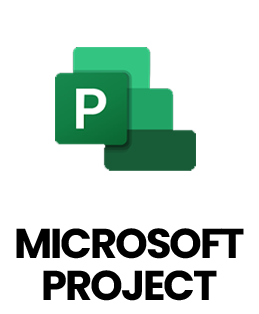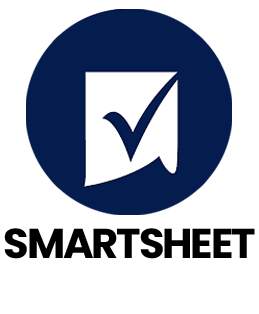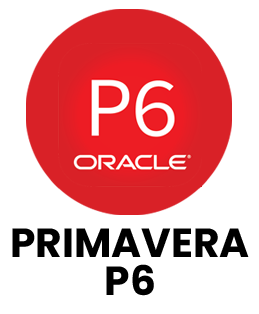1. How are features prioritized in a product roadmap?
Ans:
Features are ranked according to their technological viability, possible business value, and customer effect. Decision-making is streamlined by frameworks like RICE (Reach, Impact, Confidence, Effort) and MoSCoW (Must have, Should have, Could have, Won't have). Frequent stakeholder reviews guarantee that objectives stay in line with both market demands and more general corporate aims.
2. Can you describe a challenging project you managed and how obstacles were overcome?
Ans:
In one challenging project unexpected technical difficulties led to delays. To address this daily stand up meetings were conducted to quickly identify blockers and resources were reallocated to critical tasks. This proactive and collaborative approach enabled the team to meet deadlines while maintaining product quality and stakeholder confidence.
3. How is effective communication maintained among cross-functional teams?
Ans:
Effective communication is maintained by establishing open channels through regular meetings and using collaborative tools like Slack or Trello. Guarantees that all team members have easy access to up-to-date project documentation helps keep everyone informed and aligned. This approach promotes transparency, fosters collaboration and drives overall team cohesion.
4. What metrics are tracked to measure product success?
Ans:
Customer satisfaction ratings (CSAT), Net Promoter ratings (NPS), user engagement levels, and revenue growth are important measures to assess the performance of a product. These metrics reveal how well the product is working and point out areas that could use improvement. Consistent alignment with company objectives is ensured through regular analysis of these metrics.
5. How are conflicting stakeholder requirements handled?
Ans:
Conflicting stakeholder needs are managed by actively listening and understanding the core concerns of each party. Facilitating transparent discussions and documenting agreements helps clarify priorities and set realistic expectations. When necessary, compromises or phased implementations are employed to balance differing demands effectively.
6. Can you share an experience where a product strategy had to pivot?
Ans:
A review was conducted by examining data and speaking with important stakeholders after market feedback indicated that the initial plan was not working. To ensure that the product remained current and continued to fulfill changing consumer expectations, a revised methodology was devised and explicitly conveyed to the team.
7. How is staying updated with industry trends approached?
Ans:
Participating in professional communities, attending webinars and conferences, and routinely reading trade periodicals are all ways to stay up to date on industry trends. Ongoing insights on new technology and market trends can be obtained by following influential people and participating in pertinent online forums. Expertise is further supported by ongoing education via classes and certificates.
8. How is user feedback incorporated into product development?
Ans:
User feedback is gathered through surveys, interviews, and usability testing to identify pain spots and areas that need improvement. The product team may make well-informed judgments regarding feature enhancements by analyzing this data. By incorporating these data, the product maintains its focus on the user and raises satisfaction levels.
9. What steps are taken to manage product launches?
Ans:
Successful product launches require detailed planning, including coordination across multiple teams and clear communication with all stakeholders. Developing a comprehensive launch plan with defined timelines, responsibilities and contingency options helps mitigate risks. Post launch evaluations are conducted to measure success and inform future releases.
10. What motivates interest in this product management role?
Ans:
The role offers the chance to work on innovative solutions that address real-world challenges while fostering personal and professional growth. It provides opportunities to collaborate with diverse teams and contribute meaningfully to impactful projects. This combination of creativity, responsibility and teamwork makes the role especially appealing.


























